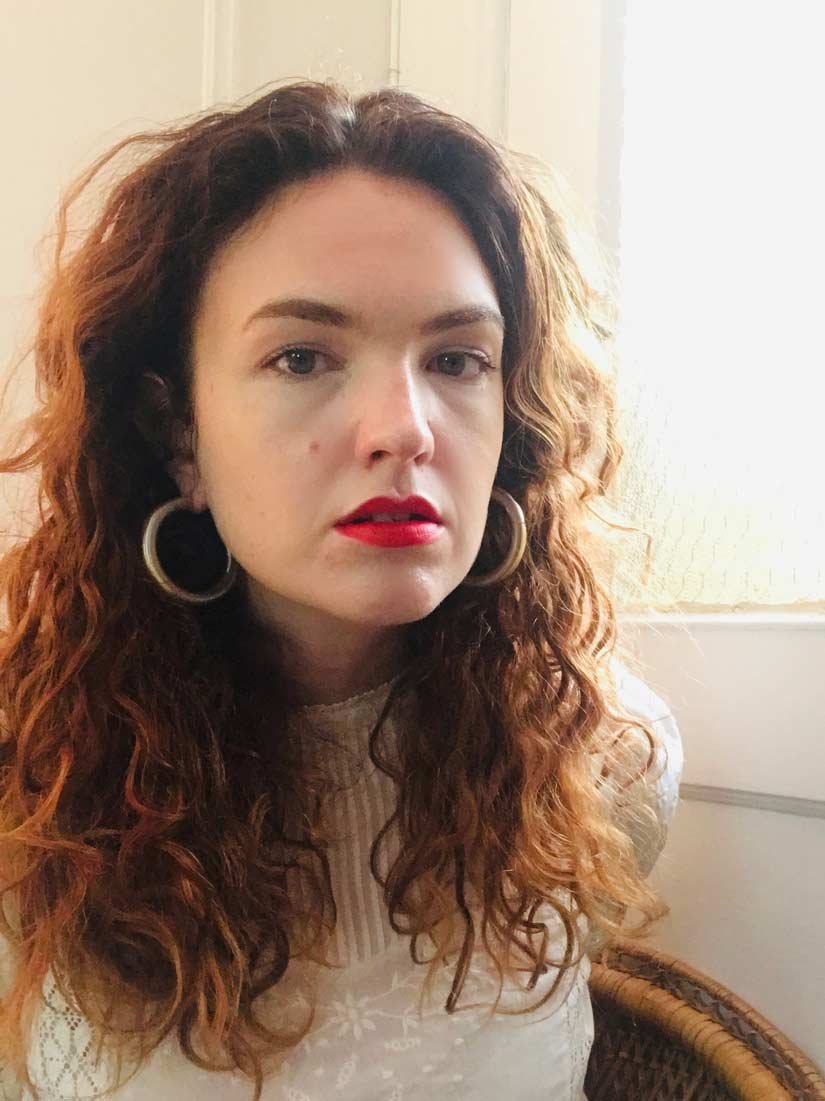OLIVIA C. HARRISON
/Author of Natives against Nativism: Antiracism and Indigenous Critique in Postcolonial France
Associate Professor of French & Comparative Literature at University of Southern California
We know, of course, how colonized territories were settled. They were settled by the poorest, most marginal sometimes, criminal, surplus populations. There is that inbuilt fear, right? I don't want to narrate this in psychological terms, but I do think that there's a way we can understand how these discourses have worked. How is it that these discourses that don't actually make sense when you read them work? It's because they offer a solution. So it's not the fault of globalization in neoliberalism that you don't have a job. It's because of these people at the gates, right? So it just taps into these very primal kind of ways of thinking about threats to one's own well-being.












